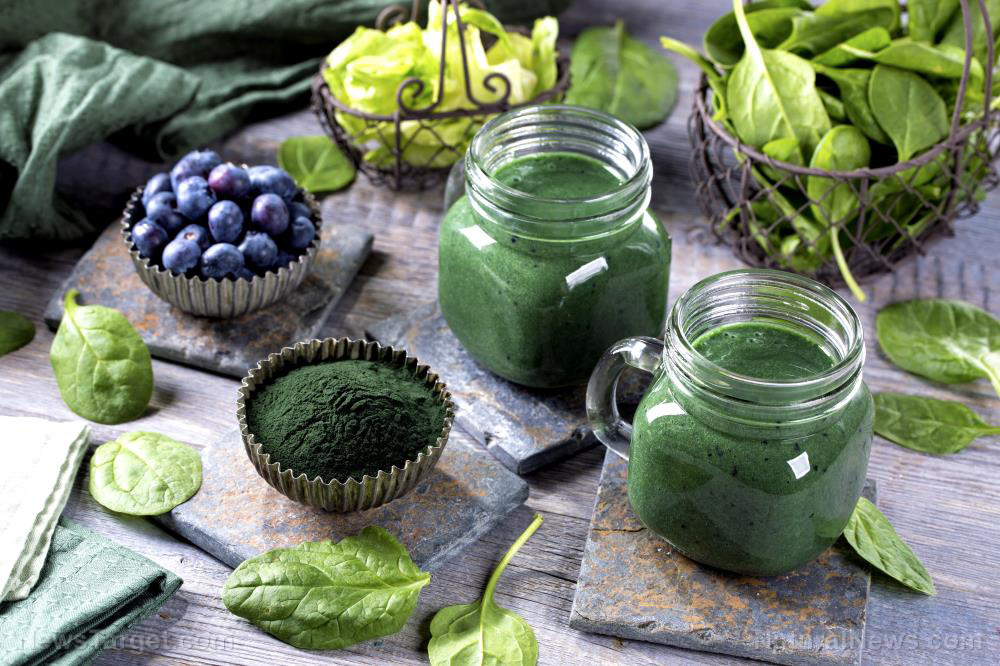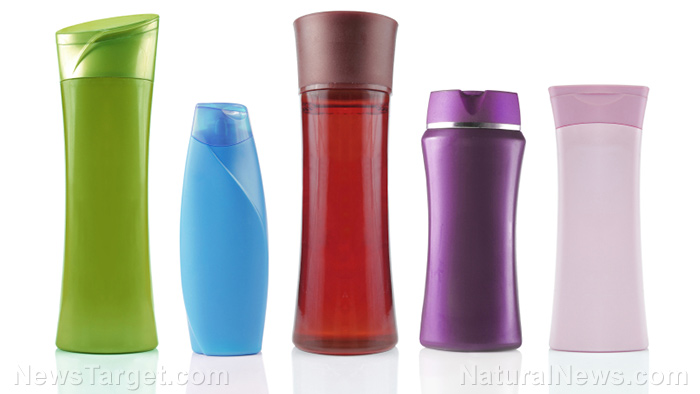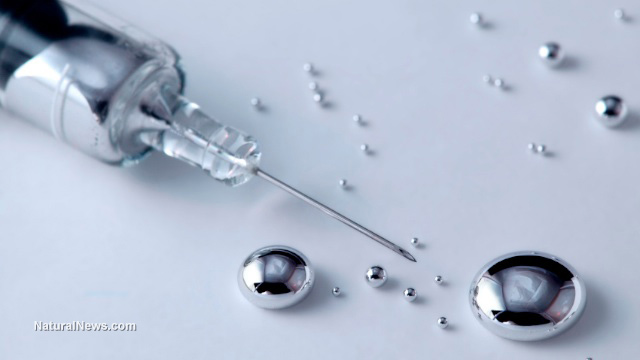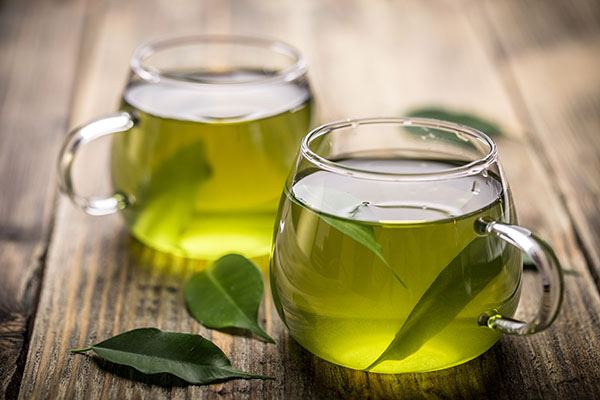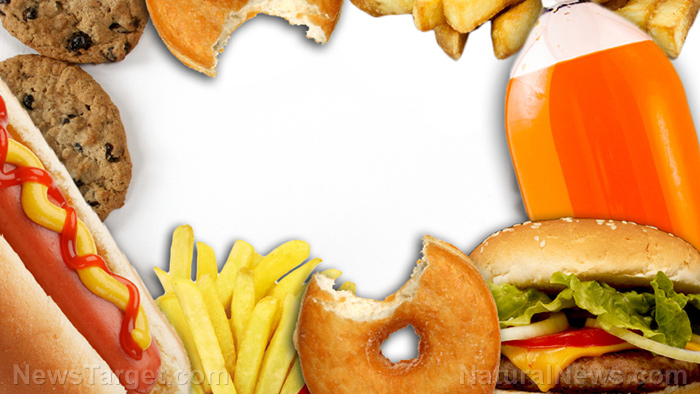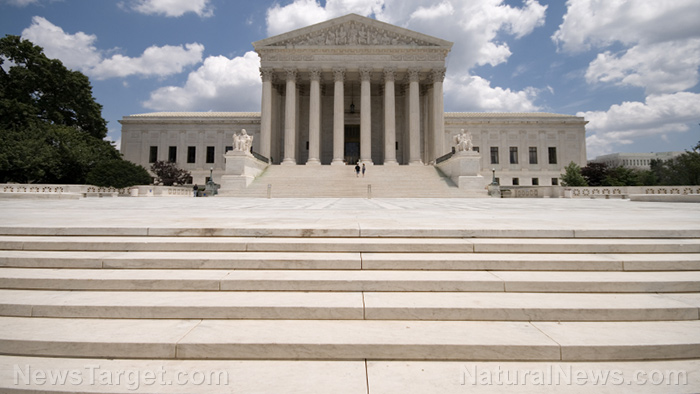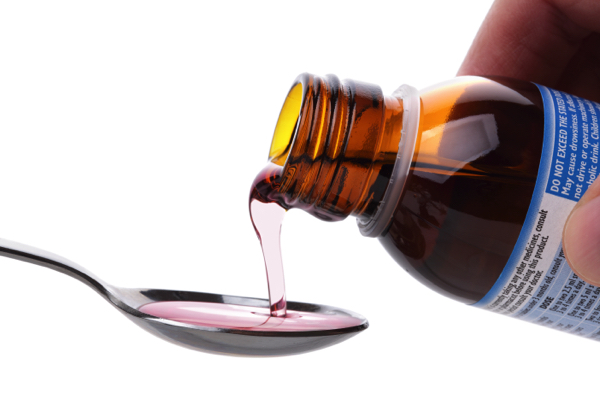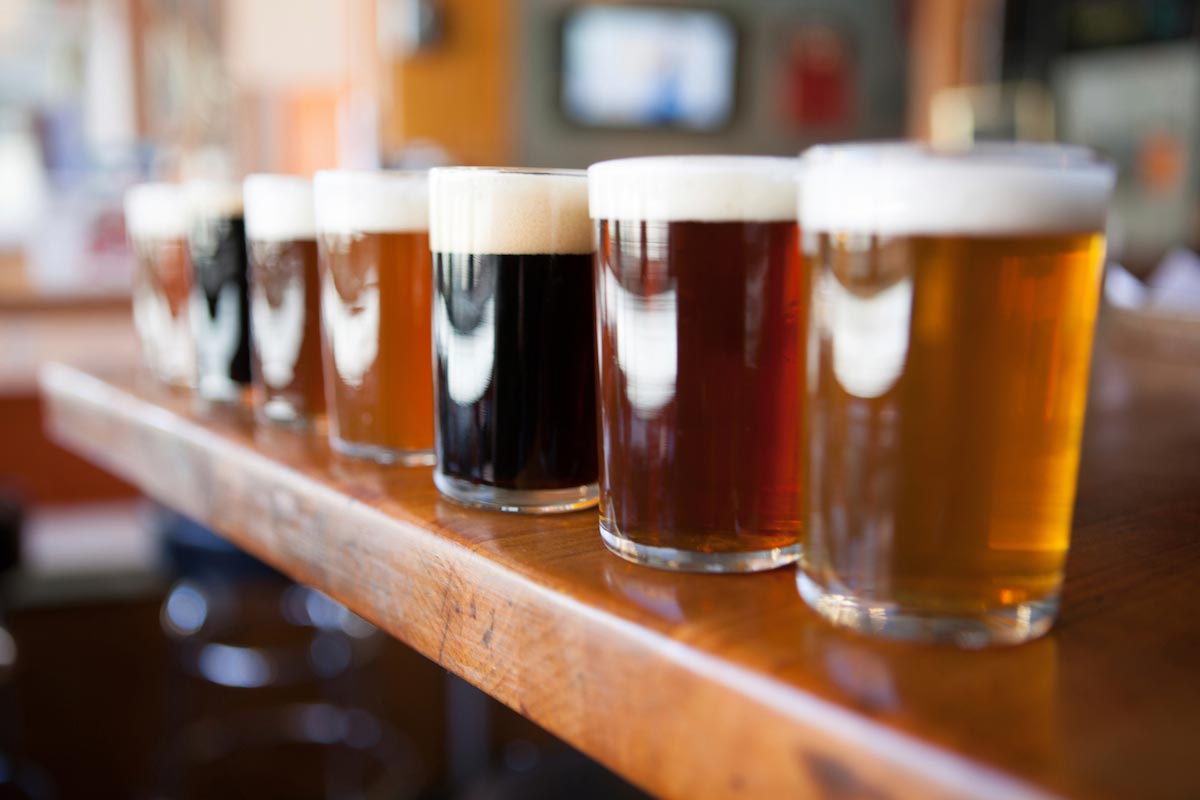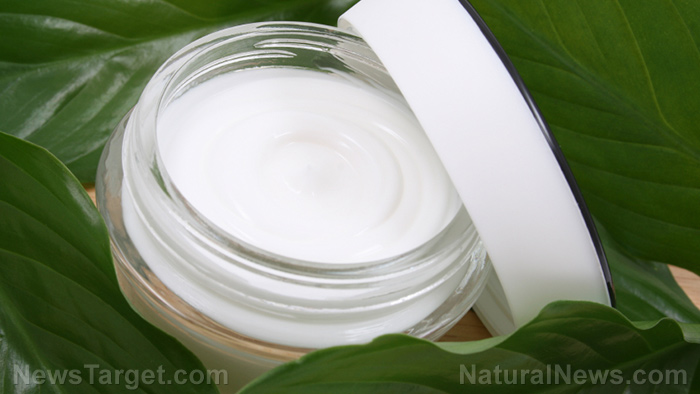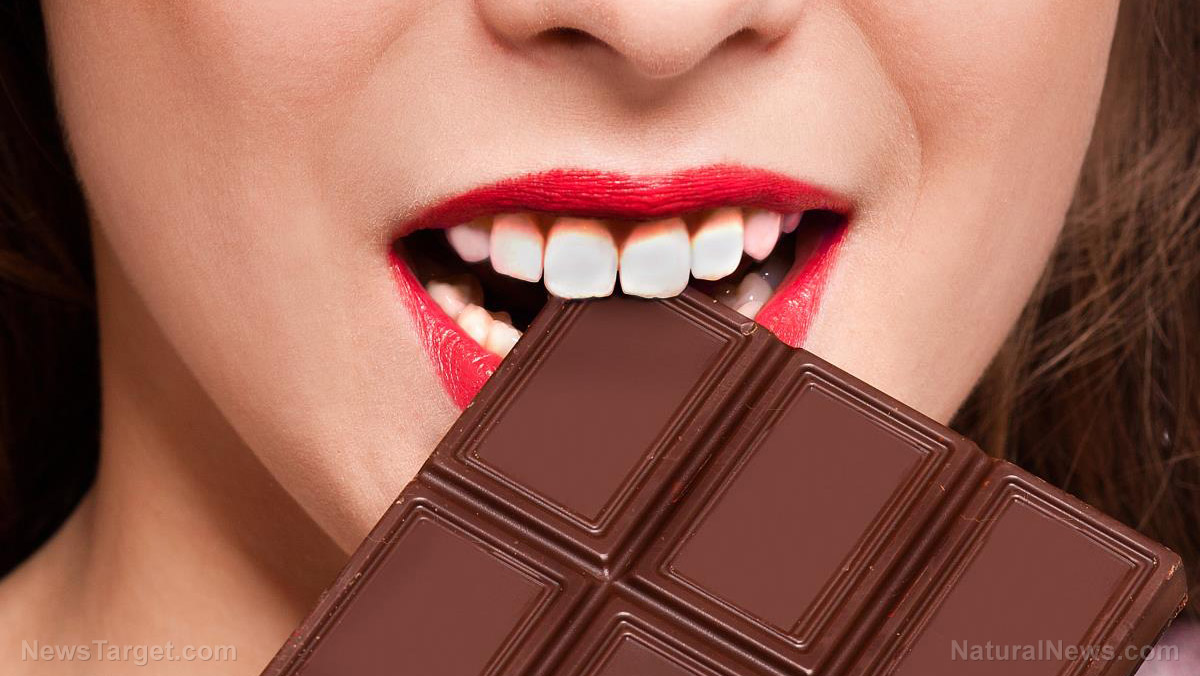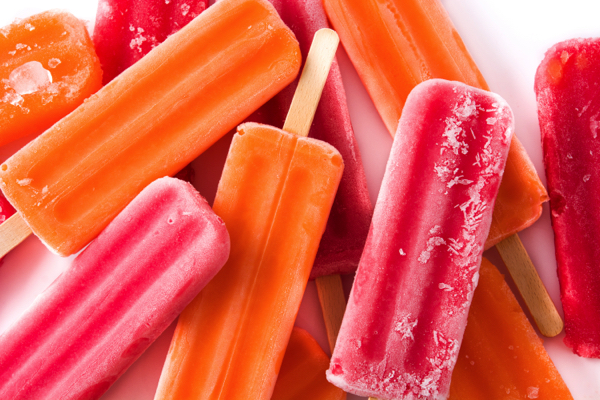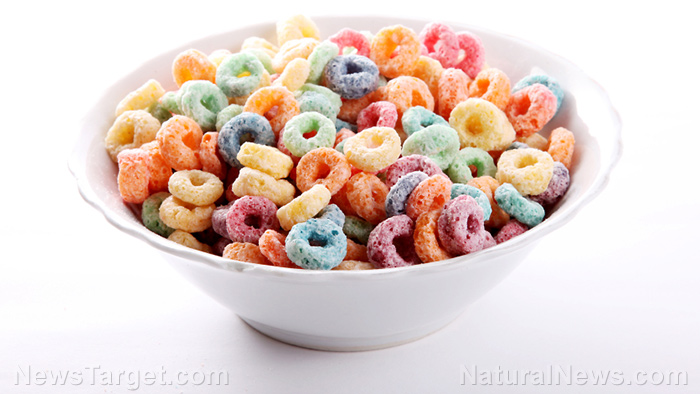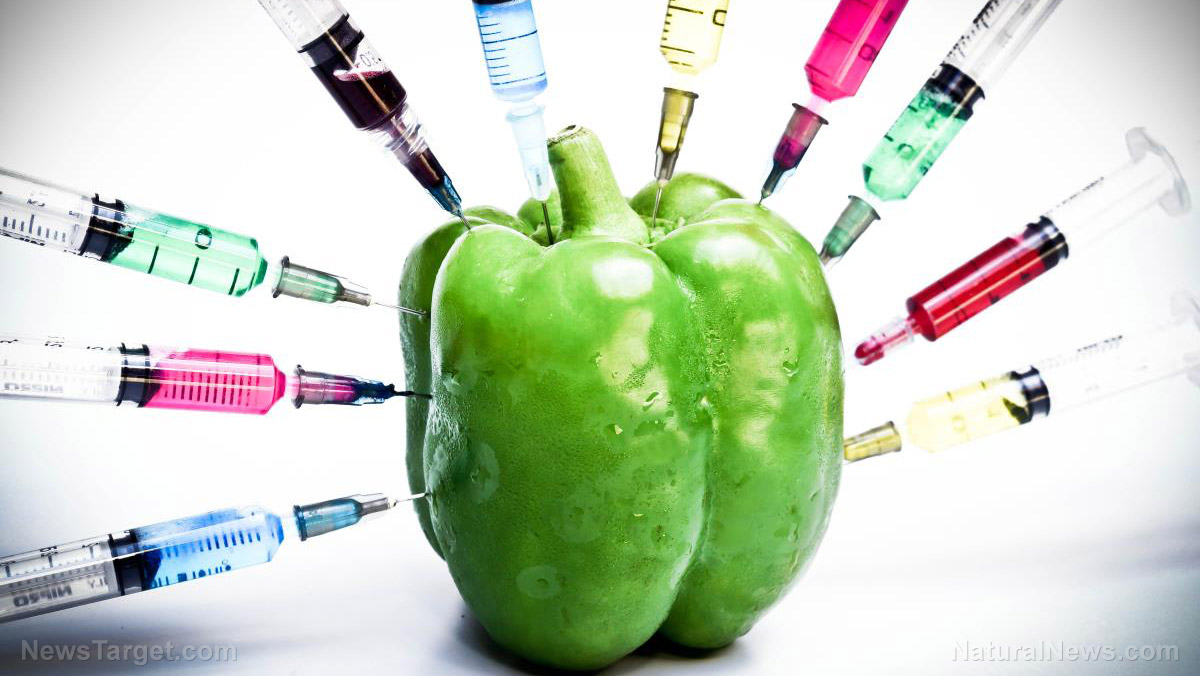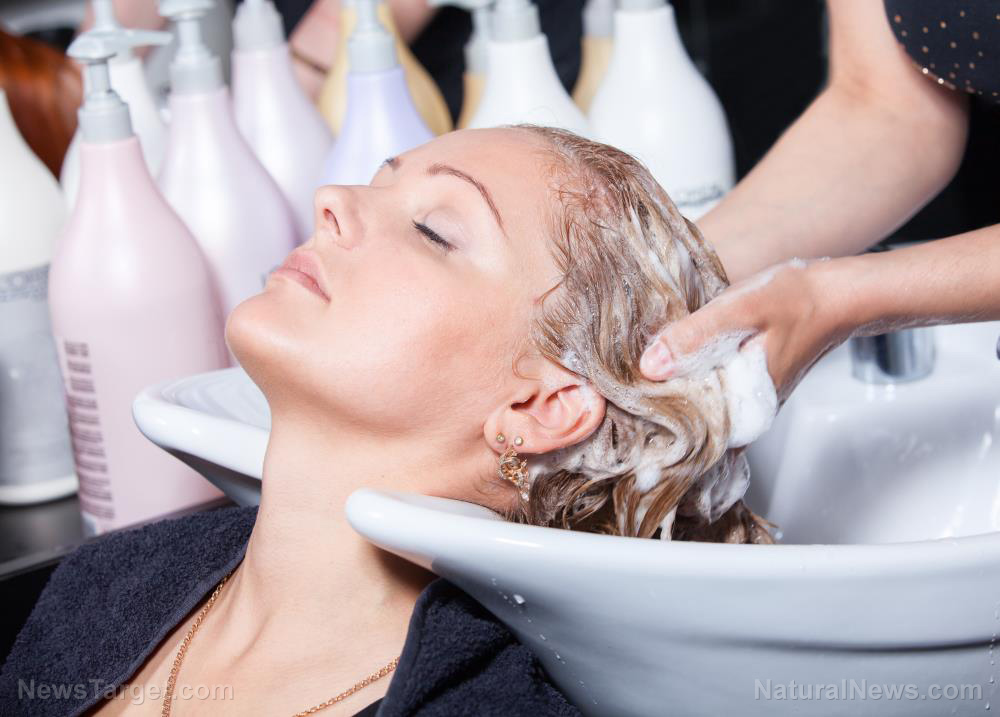Kraft Heinz to eliminate artificial dyes amid mounting government and consumer pressure
06/21/2025 / By Laura Harris
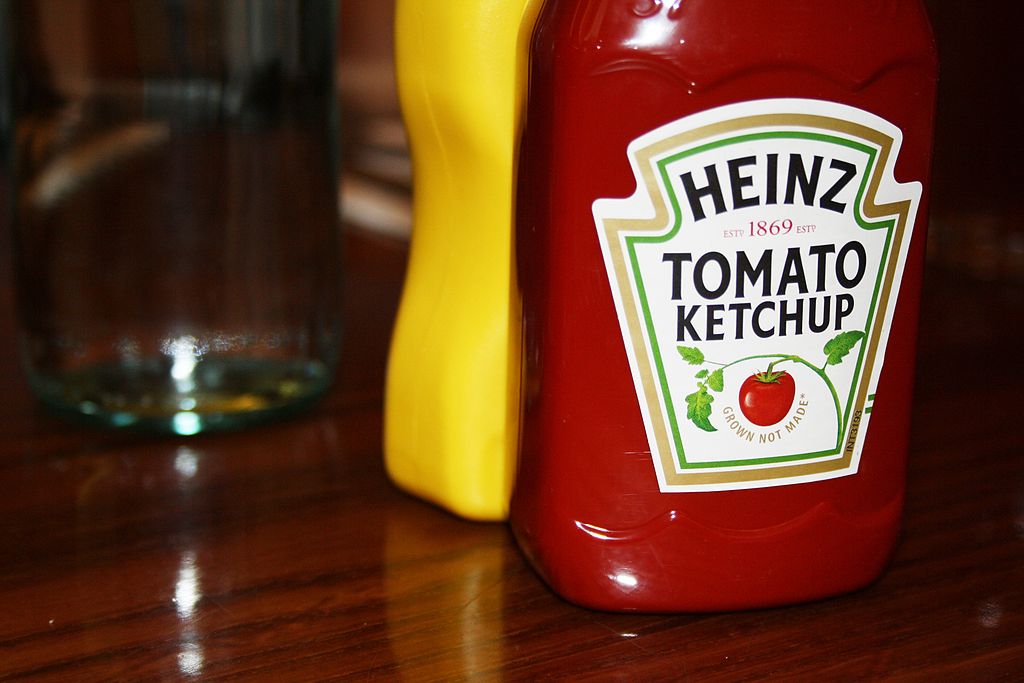
- Kraft Heinz will eliminate all artificial colors from its U.S. products by the end of 2027 and will no longer release any new U.S. products containing synthetic dyes.
- The FDA has begun banning certain synthetic dyes, such as red dye No. 3, and HHS Secretary Robert F. Kennedy Jr. is pushing food companies to phase out petroleum-based dyes due to health concerns, particularly in children.
- Kraft Heinz joins other major brands, including W.K. Kellogg, Tyson Foods and Sam’s Club, in moving away from artificial dyes amid rising public and regulatory scrutiny.
- General Mills announced plans to eliminate certified artificial colors from all its U.S. cereals and K-12 school foods by summer 2026 and from its full U.S. retail portfolio by 2027.
- Both companies report that the majority of their current product lines already exclude artificial dyes, with Kraft Heinz citing 90 percent dye-free sales and General Mills noting 85 percent of its U.S. products are already made without certified colors.
Kraft Heinz, the food giant behind household staples like Kraft Mac and Cheese, Heinz ketchup, Jell-O and Capri-Sun, is set to eliminate all artificial colors from its U.S. products by the end of 2027 as synthetic food dyes face growing scrutiny from both health-conscious consumers and federal regulators.
Currently, the Food and Drug Administration (FDA) allows several petroleum-based synthetic dyes to be used in food, where they are commonly added to enhance color and appeal, particularly in products for children.
But in January, the FDA started banning red dye No. 3 in foods, beverages and ingested medications, citing safety concerns. In April, Department of Health and Human Services (HHS) Secretary Robert F. Kennedy Jr. called such dyes “poisonous compounds” and announced plans to collaborate with the food industry to eliminate them from the U.S. food supply over the coming years.
Kennedy personally met with executives from Kraft Heinz, General Mills and other food manufacturers, urging them to voluntarily remove synthetic dyes before the end of his term. (Related: RFK Jr. gives food companies two years to remove harmful artificial dyes.)
As a response, Kraft Heinz joined a growing list of major food brands, including WK Kellogg, Tyson Foods and Sam’s Club, that are transitioning away from artificial dyes. The company also pledged to avoid launching any new U.S. food products containing synthetic dyes.
“The vast majority of our products use natural or no colors, and we’ve been on a journey to reduce our use of (artificial) colors across the remainder of our portfolio,” Pedro Navio, Kraft Heinz’s North America president, said in their news release. The company previously removed synthetic dyes from Kraft Mac and Cheese in 2016.
General Mills follows Kraft Heinz’s lead
General Mills, the company behind popular brands like Cheerios, Trix, Cinnamon Toast Crunch, Nature Valley, Pillsbury and Yoplait, quickly followed Kraft Heinz’s lead.
On Tuesday, June 17, the Minneapolis-based food giant announced its plans to eliminate certified artificial colors from all its U.S. cereals and K-12 school food products by summer 2026, with a full phase-out across all its products by 2027. The company also pledged to eliminate certified colors from its entire U.S. retail portfolio by the end of 2027.
“Across the long arc of our history, General Mills has moved quickly to meet evolving consumer needs and reformulating our product portfolio to remove certified colors is yet another example,” said Jeff Harmening, chairman and CEO at General Mills. “Today, the vast majority of our foods are made without certified colors and we’re working to ensure that will soon apply to our full portfolio. Knowing the trust families place in us, we are leading the way on removing certified colors in cereals and K-12 foods by next summer. We’re committed to continuing to make food that tastes great and is accessible to all.”
The company emphasized that the change will affect only a small portion of its school food offerings, as nearly all already exclude certified colors. Currently, 85 percent of General Mills’ U.S. retail products are also made without them.
For more articles like this, visit FoodScience.news.
Food additives are poorly regulated by the FDA. Watch this video.
This video is from the Health Medicine channel on Brighteon.com.
More related stories:
Study: Artificial food dyes linked to BEHAVIORAL ISSUES in kids.
HHS Secretary RFK Jr. takes bold stand against ARTIFICIAL DYES in American food supply.
States race to ban toxic food dyes as RFK Jr. pushes industry for reform.
Sources include:
Submit a correction >>
Tagged Under:
artificial dyes, awakening, Big Food, clean food watch, FDA, food dyes, food safety, food supply, grocery, HHS, Kraft Heinz, progress, RFK Jr, toxins
This article may contain statements that reflect the opinion of the author
RECENT NEWS & ARTICLES
COPYRIGHT © 2017 INGREDIENTS NEWS

